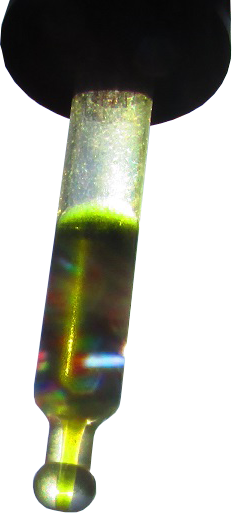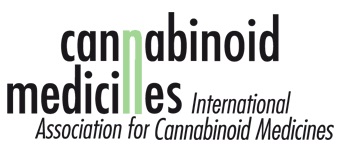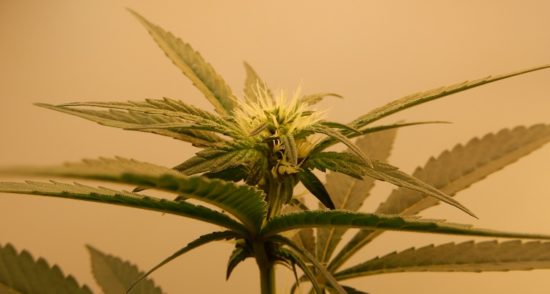CBD vermindert frequentie van aanvallen bij het syndroom van Lennox-Gastaut (Epilepsie)
Wetenschap/mens: In een grote klinische studie verbetert CBD de frequentie van de aanvallen bij patiënten met het syndroom van Lennox-Gastaut
In een placebo-gecontroleerde studie met 225 patiënten die lijden aan het syndroom van Lennox-Gastaut, verlaagd CBD de aanvallen. Wetenschappers uit 30 Amerikaanse en Europese centra, met inbegrip van de Mayo Clinic in Rochester, New York University, Ohio State University en de Universiteit van Glasgow, publiceerde hun bevindingen in het New England Journal of Medicine. Patiënten in de leeftijd tussen 2 en 55 jaar ontvingen 14 weken lang dagelijks ofwel een placebo of 10 mg CBD per kilogram lichaamsgewicht of 20 mg/kg CBD. De medicatie die ze kregen bleef gehandhaafd.
76 Patiënten werden aan de 20-mg Cannabidiol groep toegewezen, 73 aan de 10 mg Cannabidiol groep en 76 aan de placebogroep. De mediane procentuele verlaging van aanval frequentie tijdens de behandelingsperiode was 41,9% in de 20-mg CBD groep, 37.2% in de 10-mg CBD groep en 17,2% in de placebogroep. De meest voorkomende bijwerkingen waren slaperigheid, verminderde eetlust en diarree. Zes patiënten in de 20-mg CBD groep en een patiënt in de 10-mg CBD groep voltooide de studie niet vanwege ongewenste bijwerkingen. De auteurs concluderen dat “kinderen en volwassenen met het syndroom van Lennox-Gastaut de toevoeging van Cannabidiol in een dosis van 10 mg of 20 mg/kg per dag als een supplement voor een conventionele medicamenteuze therapie tot een grotere vermindering van de frequentie van aanvallen leidde, als een placebo”.
Marian Hutten
Nederlands Patiënt afgevaardigde en vertaler van de IACM
De International Association for Cannabinoid Medicines
CannabisMedOrg
Bonn, Germany
Wil je meer over epilepsie weten en het gebruik van medicinale cannabis, kijk dan hier
English:
Science/Human: CBD improves seizure frequency in patients with Lennox-Gastaut syndrome in large clinical study
In a placebo-controlled study with 225 patients suffering from Lennox-Gastaut syndrome CBD reduced seizure frequency. Scientists from 30 US and EURopean centres, including the Mayo Clinic in Rochester, the New York University, the Ohio State University and the University of Glasgow, published these results in the New England Journal of Medicine. Patients between the age of 2 and 55 years received either a placebo, 10 mg per kilogram bodyweight or 20 mg/kg of CBD divided into 2 equal doses daily for 14 weeks. Their current medication was continued.
76 patients were assigned to the 20-mg cannabidiol group, 73 to the 10-mg cannabidiol group, and 76 to the placebo group. The median percent reduction in seizure frequency during the treatment period was 41.9% in the 20-mg CBD group, 37.2% in the 10-mg CBD group, and 17.2% in the placebo group. The most common adverse events were somnolence, decreased appetite, and diarrhoea. Six patients in the 20-mg CBD group and 1 patient in the 10-mg CBD group discontinued the trial medication because of adverse events. Authors concluded, that “among children and adults with the Lennox-Gastaut syndrome, the addition of cannabidiol at a dose of 10 mg or 20 mg per kilogram per day to a conventional antiepileptic regimen resulted in greater reductions in the frequency of drop seizures than placebo.”





